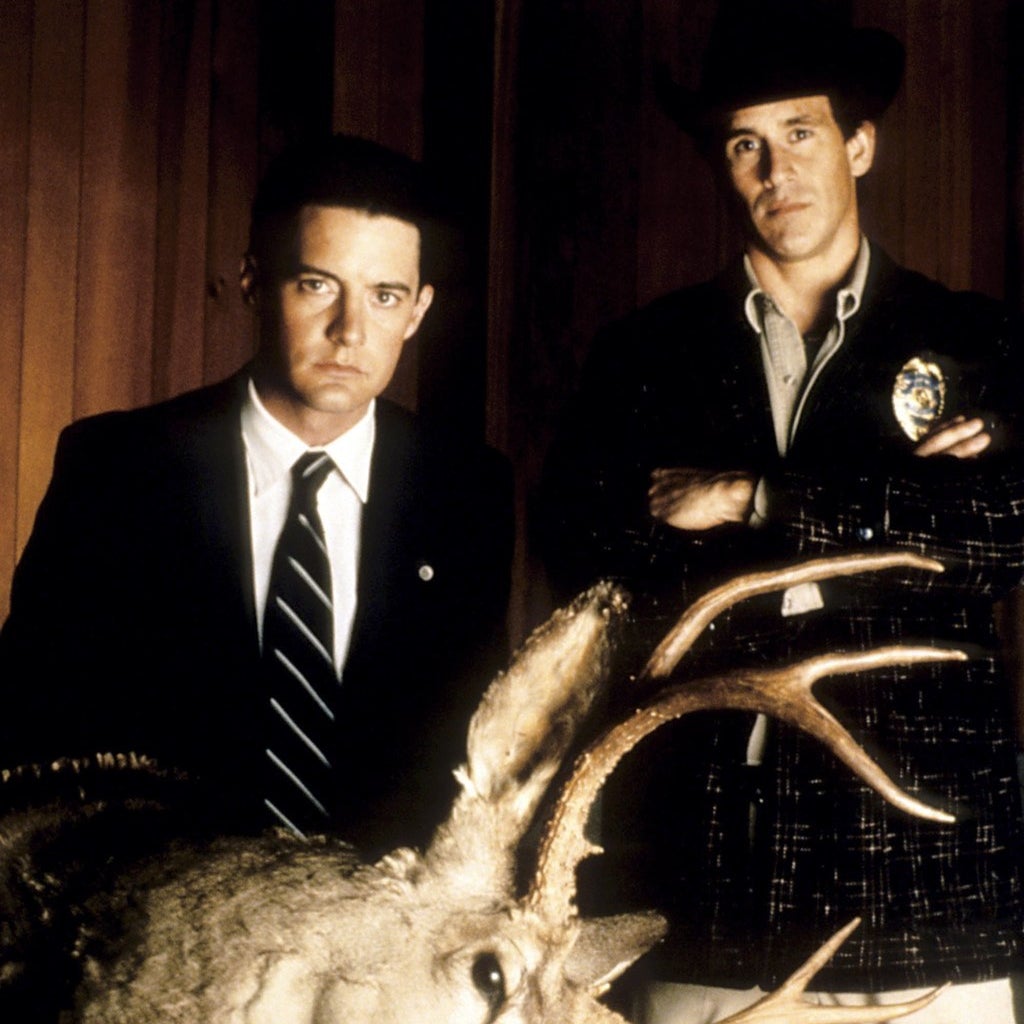
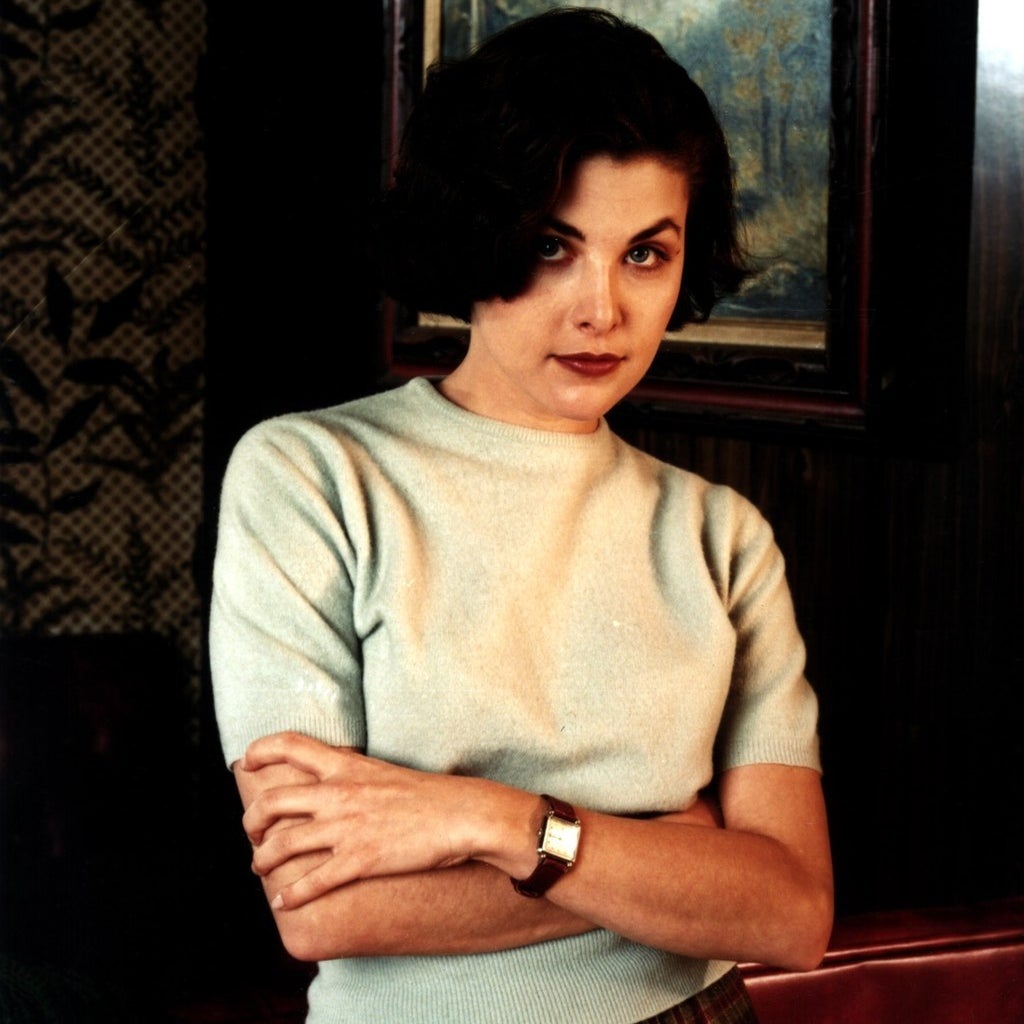
Earlier this summer, deleted and extended scenes from the Twin Peaks follow-up film Fire Walk With Me were unearthed for the series' complete Blu-ray release. But that was nothing compared to what happened on Oct. 6, as the impossible suddenly became a reality: Co-creators David Lynch and Mark Frost announced that Twin Peaks would be returning to television 25 years after it went off the air, its resolution as hazy and unclear as a fever dream.
Nine episodes of a Twin Peaks revival series will air on Showtime in 2016 as a limited series, one that promises a resolution of sorts for FBI Special Agent Dale Cooper (Kyle MacLachlan) and one that signals a reunion of Lynch and Frost, who will write every episode, with Lynch set to direct as well. For Frost, it's a unique position to be in, one that has been three years in the making.
"It's a very rich feeling, to finally be able to tell the world about it, because we've been living with it for three years," Frost told BuzzFeed News shortly after the limited series announcement was made. "People's reactions are so fantastic. The thought that something like this could make so many people excited and hopefully happy fills you with the kind of joy you don't get most days. So it's a wonderful opportunity to close the circle."
Frost also talked about Showtime's announcement, why there are exactly nine episodes planned for the resurrected Twin Peaks, whether composer Angelo Badalamenti will return with another iconic score, and what fans can expect from this most unlikely news. In the words of the Little Man From Another Place, let's rock.
Very few artists ever get the opportunity to return to a work 25 years later, particularly those working in television. What does it feel like to have the chance to make this journey and specifically with David?
Well, you know, the heart of this whole experience, from the beginning, has been this friendship that we share. Everything that we've done has started and flowed from that. In a way, it's a wonderful way to continue the friendship, and deepen the experience for both of us, as friends, as collaborators, and as people, working to tell a story together. Neither of us has ever collaborated with anybody else in this way, and it's a very special relationship. I guess you can say it's like the U.S. and Great Britain, in diplomatic terms. It's the special relationship in my life, creatively, and I think in his in the same way. First and foremost, it's a wonderful chance to work together with a very good, dear friend.
Given that this is the only collaboration that both of you have done, what is the process for co-writing these episodes, and how has your relationship with David changed in the more than two decades since you last worked together?
I think that the main thing is — you're different people 20 years later. You're older and hopefully wiser, and you've had a lot more life experience. You're bringing all that to the table. That's certainly been our experience; that's what it feels like to me. We're not just trying to bring back the show because we can bring back the show; we're doing it because we feel there's something more to say with it, and it's the perfect vehicle for expressing those thoughts and feelings.
Why specifically is the revival nine episodes?
Well, if you think back about the first season, if you put the pilot together with the seven that we did, you get nine hours. It just felt like the right number. I've always felt the story should take as long as the story takes to tell. That's what felt right to us.
There are still a lot of details that are coming together. In terms of the general thrust of this, is this being envisioned as a strict continuation of those plots that were left dangling when the show was canceled, or is it something altogether different?
It's kind of all of those things. It's different and yet the same. It's reassuring, and yet, I hope, equally startling and unsettling. And, more than anything it does, Twin Peaks is kind of a way to look at the world. And this is a chance to refine that vision, so many years later. As you say, it's a very unique opportunity.
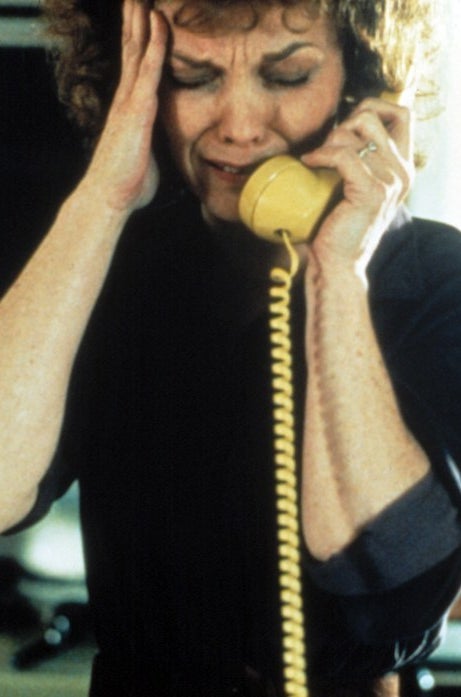
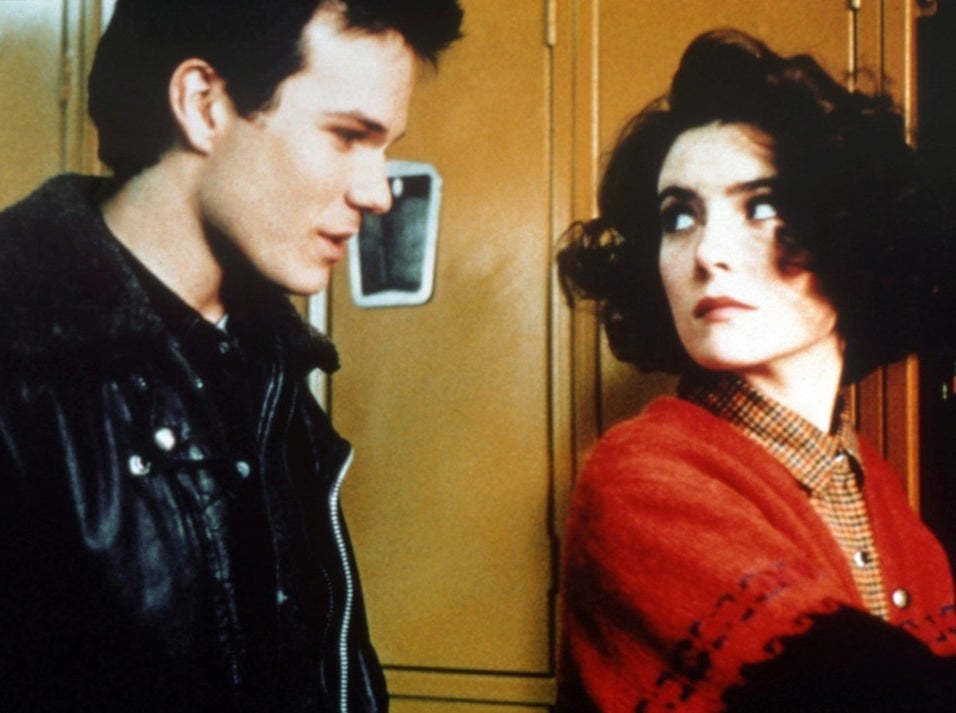
A whole generation has now come of age in the time since Twin Peaks first aired. To what do you ascribe the continued popularity of the show, and what do you hope that new viewers find when they encounter the show for the first time?
What's cool about the life the show has had is that, when we were making it the first time, we never felt like we were just doing business. We were trying to make something that was special to us. I think everybody who was a part of it at some level would attest to that feeling. There was something in the air. Now, to be able to write the next volume so many years later, you bring into the equation the most poignant aspect of being alive, and that's the passage of time. It's something we're all up against, and thematically, it's the center of the strength now, so all those things together conspire to give us a fantastic opportunity to bring this back to life. And hopefully, for a whole new group of people.
Twin Peaks had a sense of timelessness to it, but also a very specific aesthetic. It was saddle shoes and angora sweaters, and recalled a sort of idealized 1950s palette. Given the fact that 25 years have passed, both in real life and in the timeline of the show, can we expect that the town of Twin Peaks is still in a sort of limbo state, or have cell phones and Twitter invaded the town?
I think that remains to be seen, and I think that's something the viewers should judge for themselves. Everybody probably feels more or less the same inside as they did back then. The internal experience of being alive hasn't changed a whole hell of a lot. The world around us has changed exponentially. That'll certainly be a factor in our storytelling here.
Given that this is airing in 2016, cast negotiations may be a long ways off, but it would probably be advantageous to lock in Kyle MacLachlan as soon as possible, I would imagine.
Well, obviously there are some very key people we want to make sure are gonna be along for the ride, and we're gonna be attending to that at posthaste.
There has been real-life tragedy that has happened in the time since the show aired — Frank Silva died in 1995 and Jack Nance in 1996. The death of Silva could complicate the plot a bit: Is there a workaround for the fact that BOB may not play a role in this revival?
I'd have to say it's too early to determine that yet. In the case of everyone that we've lost, it's something that we'll have to do a lot of thinking about.
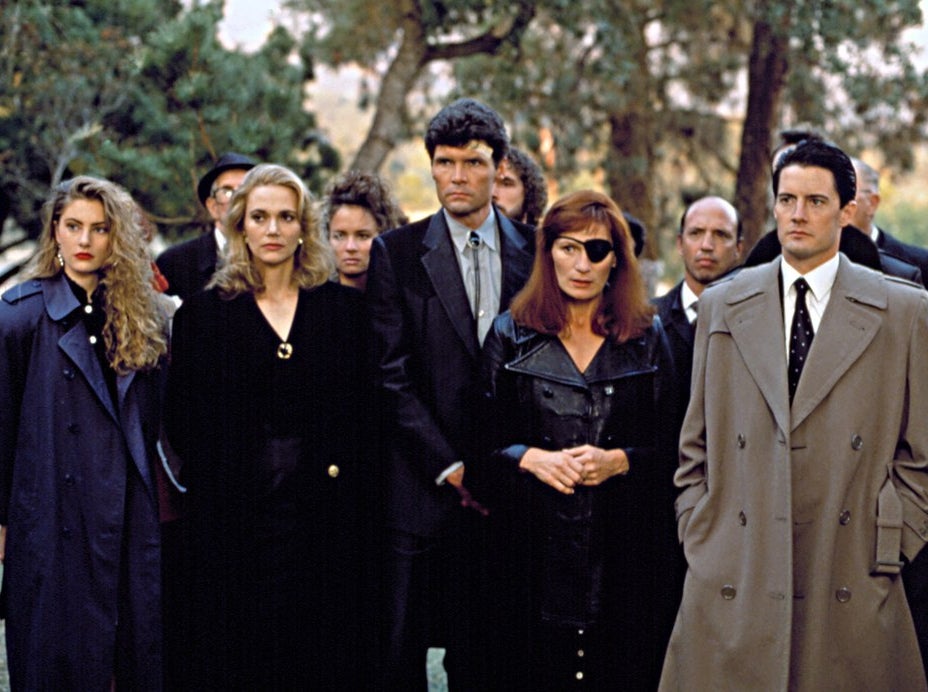
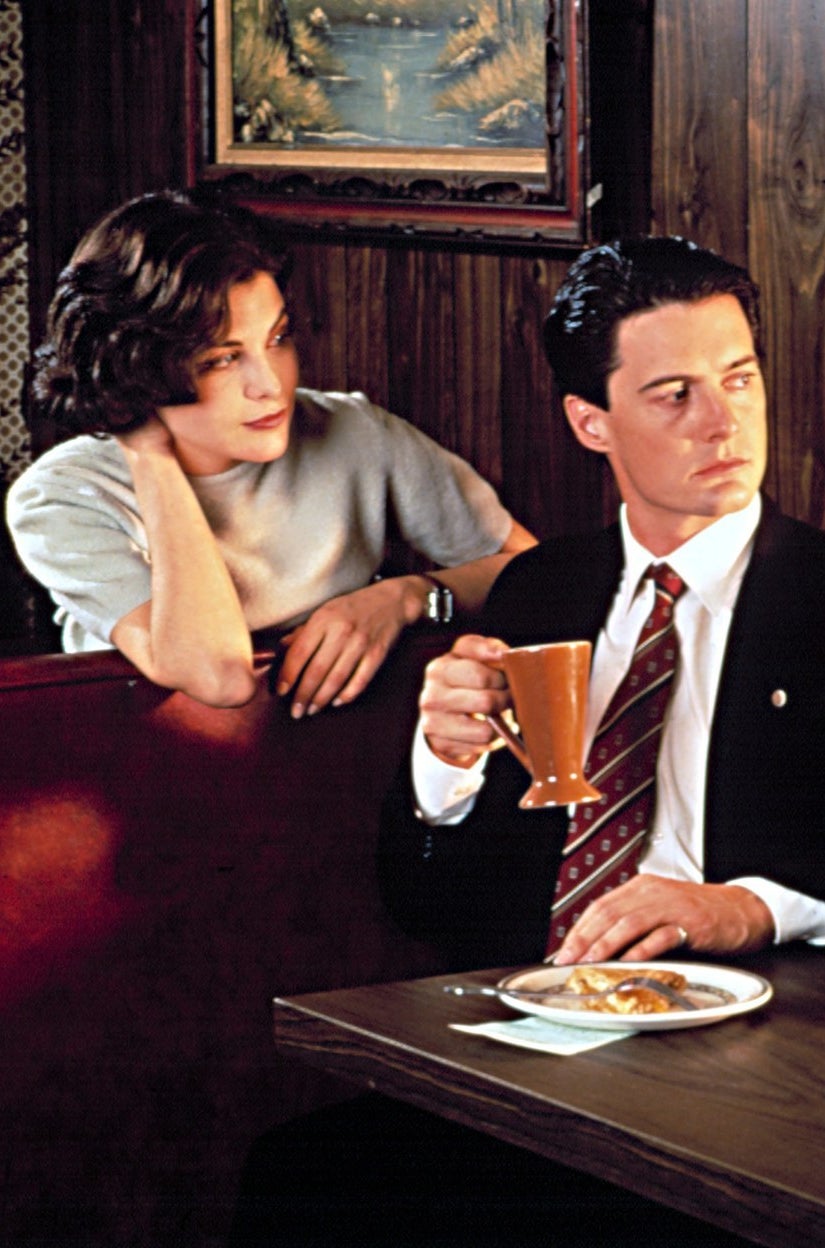
Given the iconic nature of the original score, what sort of role will music play in the revival?
I would expect every bit as important as before. The music was a central part of the experience for everybody. I'll never forget the first time I heard the theme. People used to play it in piano bars. ... I'd never had an experience like that in my life. So I'm pretty hopeful that it's gonna be just as important this time around.
And is there hope that Angelo Badalamenti might collaborate with you and David in terms of with the score?
Yeah, I'm gonna leave all that up to David. I'm sure he's gonna do his darndest to make the right thing happen.
There were many, many rumors over the years about what a possible third season of Twin Peaks might have been had the show continued. How much, if anything, will you and David draw on preexisting ideas that might be floating out there, or is this a case of turning over the blackboard and starting again?
It's more a case of digging deeper into our own thoughts about it. It started with us; we figure it'll end with us. It isn't like we ran a contest for most interesting plot twist and decided to go with whoever won. We're gonna rely on our own resources for this, and hopefully, surprise people as much as we did the first time.
The recent release of Twin Peaks: The Complete Mystery offered a slew of deleted and extended scenes from Fire Walk With Me that pushed that film into some unexpected directions. Have you and David talked about how to juggle the film's mythology with that of the show and the new revival?
Well, I think what we're gonna do is take the whole mythology that we've created into consideration, and do the best we can to be faithful to the things that are out there, that, after all, we originally had a lot to do with. Everything's on the table.
Is this limited series meant to offer a sense of finality at the end, or is it another prism through which you can view the series as a whole?
I'd hate to prejudge for people what their perceptions should be, or even to direct them. I always like, as you know, the work to speak for itself. It's too early really to answer this question, I guess is a long-winded way of saying that. We'll let people tell us what they think, and how they feel, and we'll go from there.
What is one thing that fans can expect from the revival, if we can talk in very broad terms?
Hmm. One thing I can guarantee they will see — they will see a cup of coffee fly through a window. Just to give you one mundane specific. I hope that they walk away from the end of this next chapter feeling like it all comes together and it all makes sense.
There's a line in Twin Peaks' second episode that Donna Hayward (Lara Flynn Boyle) says: "It's like I'm having the most beautiful dream and the most terrible nightmare all at once." For me, that has been the prism through which I've viewed the series over the last almost 25 years. I hope that if there are answers, that there are just as many questions that are posed. Would you agree with that?
Yeah, from your lips to god's ear. I think that's a great way to put it. We'd like it to do all of the above.
Twin Peaks returns in 2016 on Showtime.
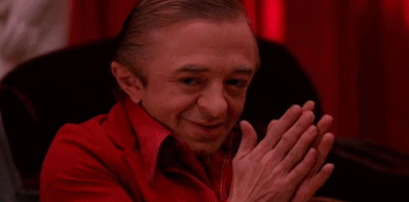
This interview has been edited and condensed.
